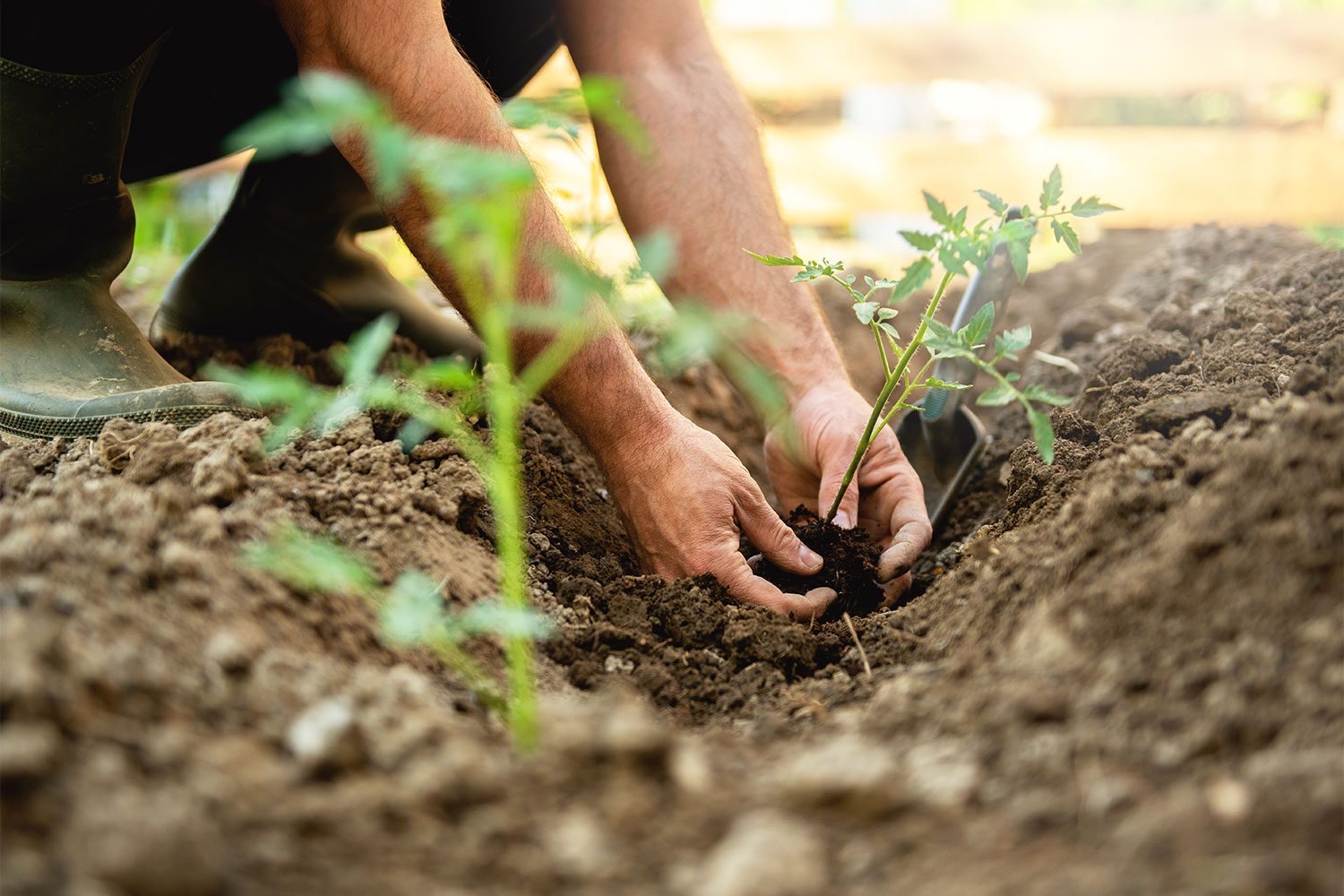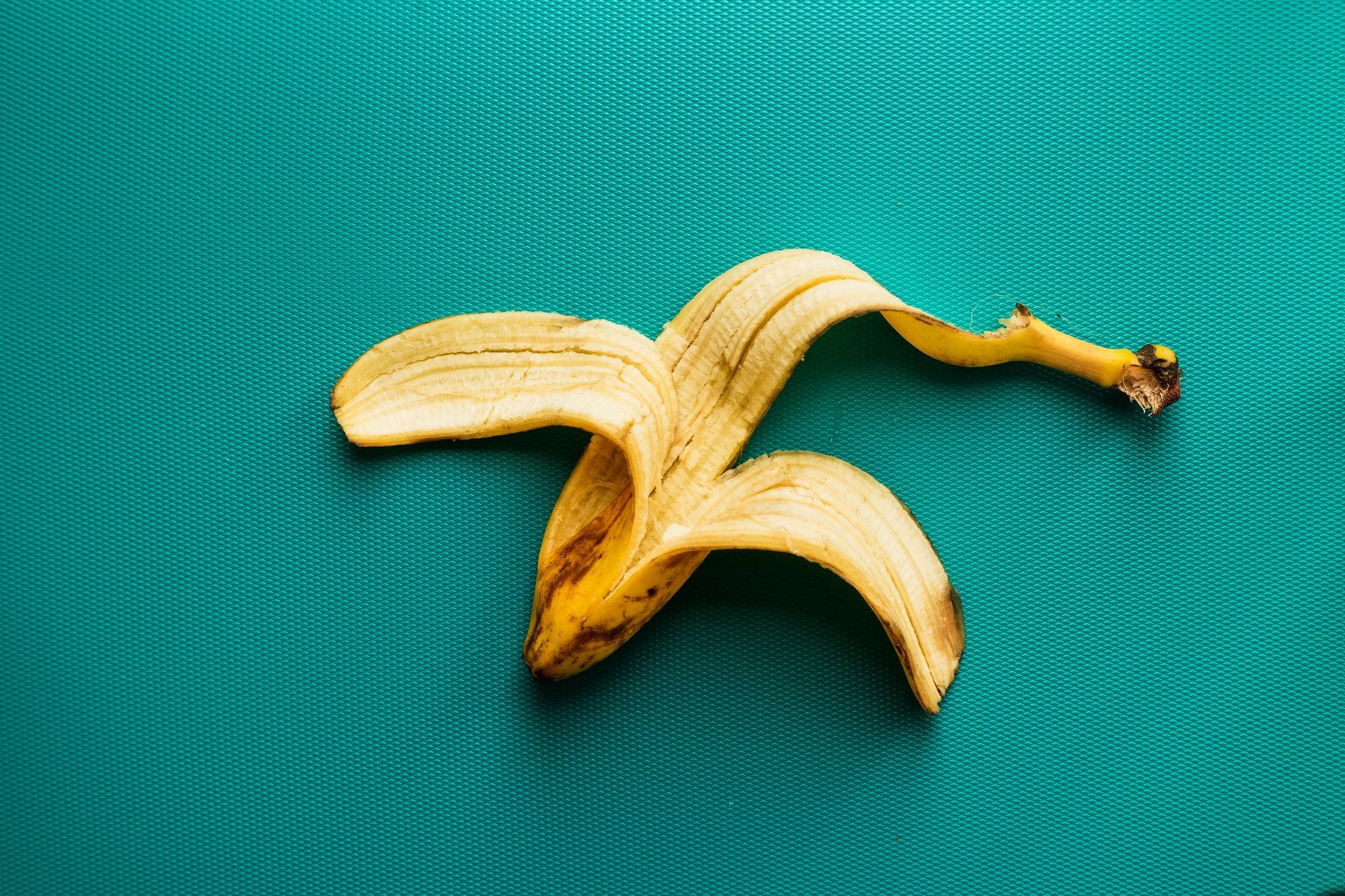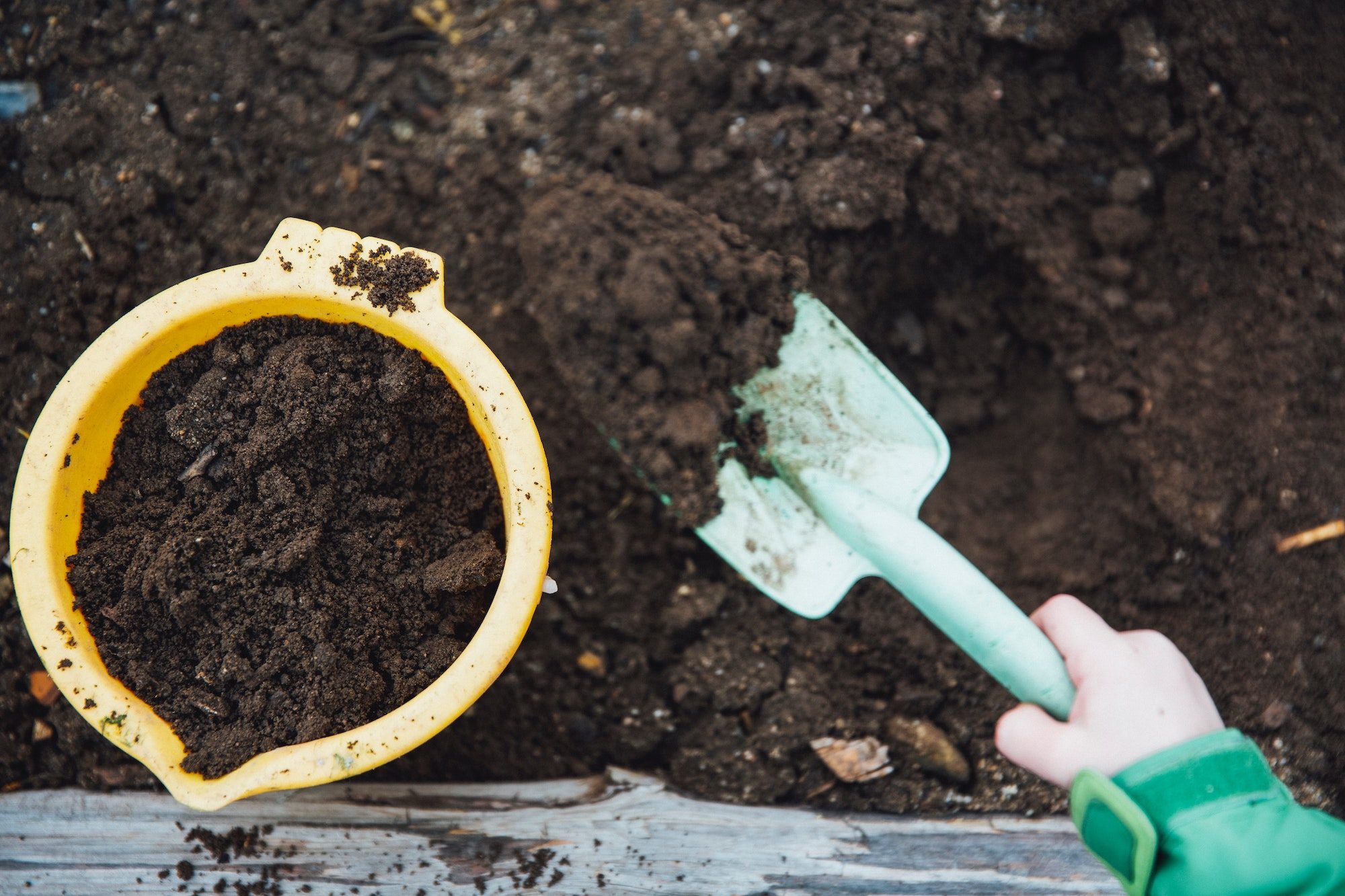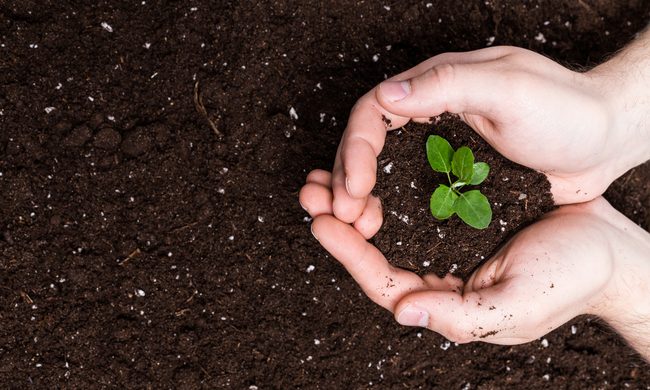Composting is a great way to reuse organic material from home, but it can be difficult to grasp a timeline of how long it takes to compost. Understanding how and what to compost is an important first step. It’s also important to know the benefits of composting, so you can use your compost to your benefit!
Is compost good for all plants?

Compost is great for the health of the soil, but does this affect plant growth? In short, yes, because it helps feed the soil, which can facilitate the growth and improve the health of plants. Compost feeds the food web of the soil, where microscopic lifeforms, such as fungi and bacteria, live. These microorganisms form symbiotic relationships with the roots of plants, which allows the plant roots to harvest nutrients more effectively. Adding compost to your soil will boost the health of the soil — and your plants, as a result.
How do you know when compost is ready?
Knowing when compost is ready is dependent on what is in the compost in addition to how it is managed. The addition of air and moisture can help speed up the process. Watering the compost regularly and aerating it by turning it by hand or with some other tool will make compost form faster than if none of these actions were to be taken.
How often should a compost pile be turned?
Turning a pile every two to four weeks will allow the compost to be done quicker than if turned less. Waiting four weeks or longer between turns will take the compost longer to mature. If turned frequently, it could take as little as one to three months (depending on the size of the pile) to have fully-matured compost. Depending on how hands-on you are with your compost pile, the faster it may be done.
So, how do you know when a compost pile is finished? Here’s a list of some ways to tell when your compost is finished:
- The original organic material is no longer recognizable.
- Soil is dark and crumbles.
- The compost pile is smaller than when you started. Finished compost piles should have shrunk considerably from their original size.
What can you put in a compost bin?

Compost requires organic materials, which are often found in abundance in households. Here is a list of common household waste items that can be used in compost bins:
- Coffee grounds
- Fruit peels
- Pesticide-free grass trimmings
- Leaves
- Eggshells
- Tea
While these household waste items are great additions to any compost pile, it’s also important to make compost balanced. Generally, this means three parts browns to one part greens. Browns are rich in carbon and typically come from trees, so things like leaves and bark are considered brown. Greens are rich in nitrogen, such as the household compost materials that were mentioned before. This combination should make a compost pile that is balanced and composts properly, especially when turned and watered appropriately.
Does compost expire?

Though it’s essentially made of rotting organic material, it’s difficult for compost to go bad. If stored in bags for a substantial amount of time, the compost can lose nutritional value and begin to degrade, but it’s still usable. If it is stored in a bag, it should be stored for less than a year. In regards to the appearance of a compost pile, a lack of oxygen or moisture can make the pile smell bad or feel dry. This can be fixed by watering and aerating the compost pile regularly.
Your pile should also feel hot — this is the decomposition occurring. Additionally, the presence of bugs is normal and actually beneficial for a compost pile! Don’t be concerned if you see beetles, termites, or ants. The only bugs that should raise concern are flies. Flies indicate that something within the compost is wrong and is not decomposing properly. That can be easily fixed by ensuring your compost is being watered and turned regularly.
Compost is a great way to reuse household organic waste, and the finished product can be of great value to you and your plants. Following these tips and tricks for composting should be a great way to begin your composting journey!


